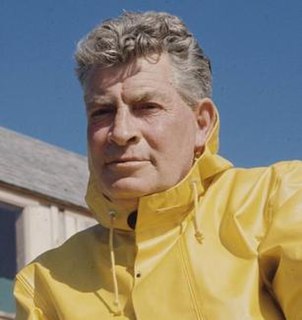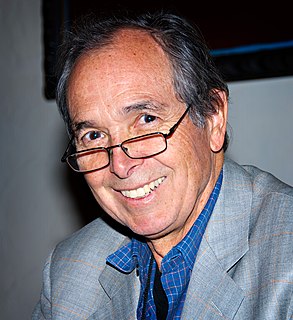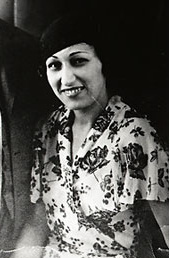A Quote by David Liss
In my research, what I found most interesting was how common and ordinary magic was to people in the past.
Quote Topics
Related Quotes
I think some people are not interesting to themselves. They're the sad, resigned folk. When people call themselves ordinary - "I'm just an ordinary person" - you do wonder what they mean, because people who call themselves ordinary occasionally turn out to be serial killers. Beware of those who say they're ordinary.
Do you hate me because I have magic?" "Of course not." "Do you love me despite my magic?" He thought a minute. "No. I love everything about you, and your magic is part of you. That was how I got past the Confessor's magic. If I had loved you despite your power, I wouldn't have been accepting you for who you are. Your magic would have destroyed me.
The political movement funds these people with donations if they produce the right outcome in their research. So that tends to dictate what kind of research you're gonna get in your lifestyle, if your living depends on it. But there's no question that they have, in this movement, converted a bunch of just everyday, ordinary meteorologists into huge proselytizers for it. Ordinary everyday local news-weather guy has become one of the biggest proponents - whatever market you go to - of global warming.





































